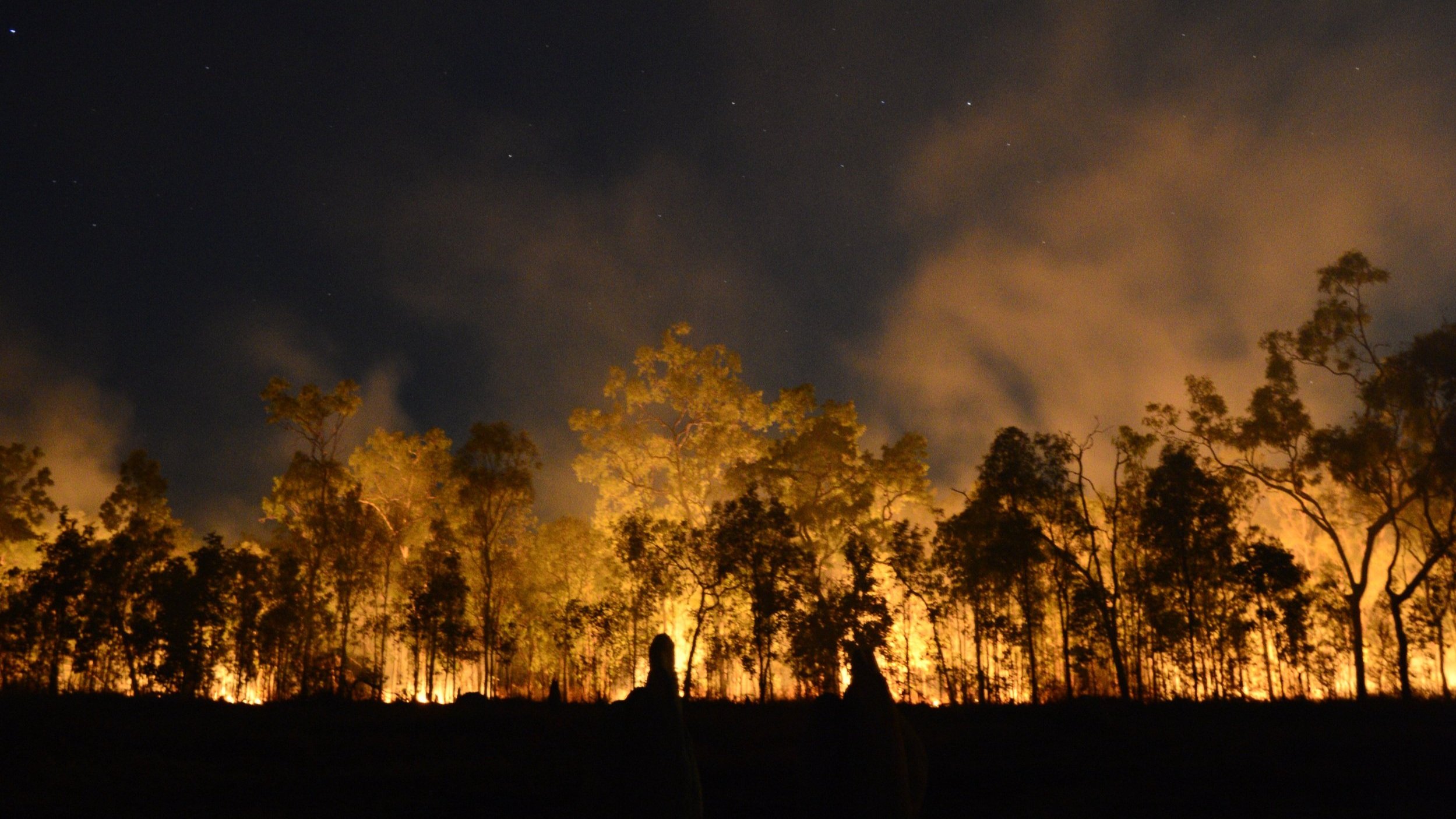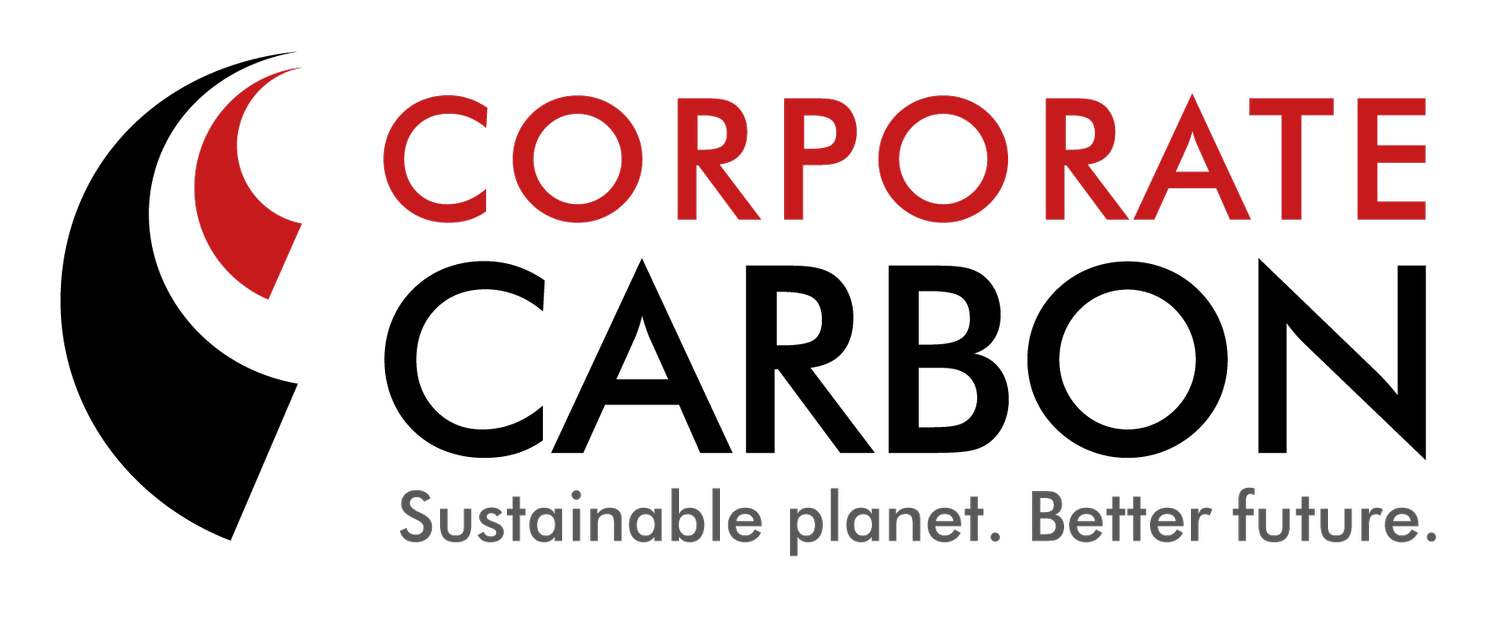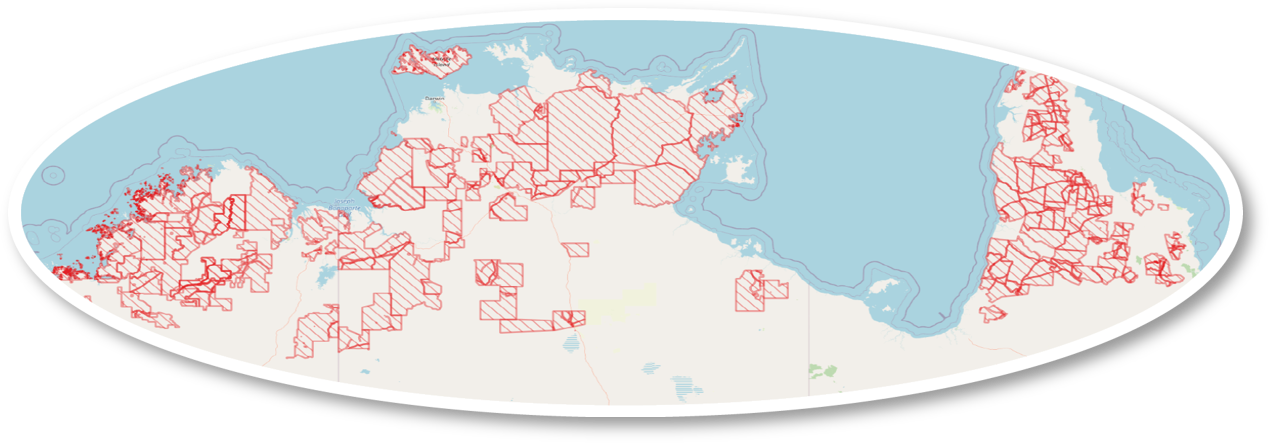
Maki Planet Systems
Incubating new business: emissions reduction through traditional fire management
Exporting the Australian success story of savanna fire management carbon credits
The concept
Fighting fire with fire prevents future emissions and enables savanna landscapes to retain more carbon
In 10 years, world leading savanna carbon industry has reduced fire extent by 44,800km2 and avoided 8.4 mtCO2-e
Globally the carbon credit potential is 100 mtCO2-e/yr
The Australian success story
Enabled by Conoco Phillips
Invested $1m/yr in the first project (ALFA)
28,000 km2
100,000 tCO2-e/yr
ALFA has delivered 3.5m carbon credits worth USD $41m
Conoco Philipps has received 1.5m credits to date
Australian Market
416,000 km2 under management
25yr projects
8.4m carbon credits to date
High integrity units for the voluntary & compliance markets
The global fire problem
Global footprint
Savannas make up 1/6 of global land surface and support 10% of human population
Huge economic losses
USD 2.4bn/yr
Significant emissions
Net global fire emissions 2GtCO2-e/yr
Social impact
Wildfire smoke causes 340,000 deaths p.a.
Maki: the carbon opportunity
International savanna fire management initiative
Savanna Fire Management is now ready for commercialisation.
An NGO initiative to take Australia's successful model to Africa and the world
Significant progress with governments and pilots, secured funding and partnerships from key groups based in Australia and in related markets.
Australian savanna fire practitioners delegation to Botswana
Maki and TotalEnergies working together
Support for the international savanna fire management from TotalEnergies
Partnering to deliver fire management:
TotalEnergies, through their Nature Based Solutions team, has agreed to support the development of international savanna fire management by funding the creation of an international methodology, purchasing the emissions reductions from the initial projects.
Both companies have a strong desire to:
Create and use carbon credits
Commit to innovation and nature-based solutions
Deliver co-benefits to communities around the world
Establish and maintain a presence in countries where there is high potential to reduce fire emissions










